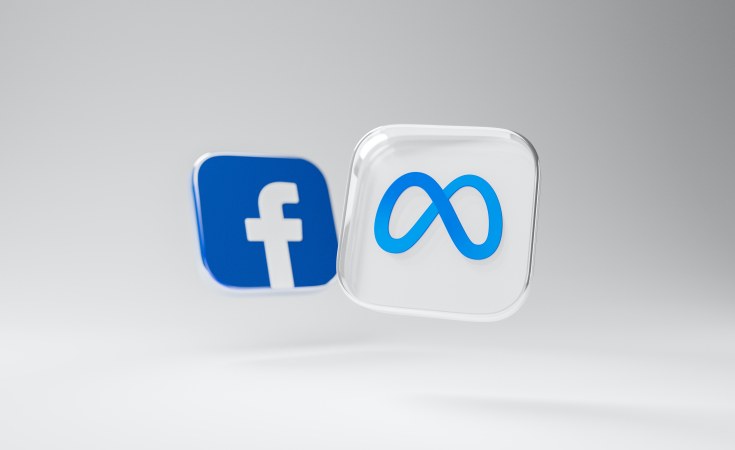Cape Town — The Competition Commission has referred Meta to a tribunal over alleged abuse of its dominance in the social media industry, TechCrunch reports.
The commission, which had been investigating claims of unfair conduct against the multi-billion dollar firm since March 2021, recommended that Meta pay a fine of 10% of the U.S. company's local turnover. The Facebook and WhatsApp owner allegedly threatened to block GovChat and its subsidiary #LetsTalk from using its WhatsApp Business Application Programming Interface (API). GovChat is a startup that was launched in 2018 by the South African government and used the WhatsApp Business API to facilitate real time communication between government and citizens. According to government data, it had over 8.7 million active users.
The platform had additional functionality, like the processing of social security applications and distress support during the Covid-19 pandemic, while also being a source of alerts for civil complaints for issues like road maintenance. Further claims by the commission against Meta included "imposed and/or selectively enforced exclusionary terms and conditions regulating to access to the WhatsApp Business API, mainly restrictions on the use of data".
According to Reuters, WhatsApp defended its exclusion of GovChat from its API over its alleged failure to comply with Meta's terms of service. A statement from a WhatsApp spokesperson: "GovChat has repeatedly refused to comply with our policies which are designed to protect citizens and their information, preferring to prioritise their own commercial interests over the public. We will continue to defend WhatsApp from abuse."
GovChat welcomed the action, noting that the matter is groundbreaking, being one of the few abuse of dominance cases ever to be prosecuted by the South African Competition Commission, and the first of its kind involving digital platforms and marketplaces. CEO, Eldrid Jordaan said: "This sets a precedent for South African startups to continue on their mission, regardless of the headwinds."
While Meta already faces anti-trust action by several authorities, including the U.S., Britain and the European Union, this latest development comes just days after competition supervisory bodies from Egypt, Kenya, Mauritius, Nigeria and South Africa signed a memorandum of understanding that would act against barriers to the expansion of African digital platforms.
The social media giant's history of its influence on African governments over the past decade has been noted in the Cambridge Analytica data scandal which saw the personal data belonging to millions of Facebook users being collected without their consent by the British consulting firm, predominantly to be used for political advertising. While the scandal had broader global effects, it also affected Kenya's 2017 elections. Then-managing director of Cambridge Analytica, Mark Turnbull, was covertly filmed by UK broadcaster Channel 4 while describing the data firm's influence over President Uhuru Kenyatta's two previous election campaigns.
In 2021, Meta reneged on a commitment to appear before South Africa's parliament to answer questions on "harmful misinformation", Forbes wrote. Former member of parliament and member of the Real Facebook Oversight Board - a proxy for the official Facebook Oversight Board - Phumzile Van Damme said: "It is clear that the company has something to hide and holds no respect for the people of South Africa, or those on the Africa continent." Van Damme also contrasted the firm's non-appearance with the dangers seen in the Bell Pottinger scandal where the now defunct PR firm was accused of facilitating state capture by the Gupta family by inflating the reputation of a family-owned investment company, Oakbay Investments (which was tied to former president Jacob Zuma, according to the Zondo Commission of Inquiry). The accusations developed into a major political controversy, leading to further claims of exploiting racial tensions in South Africa for commercial gain, before the firm's eventual closure in 2017.


